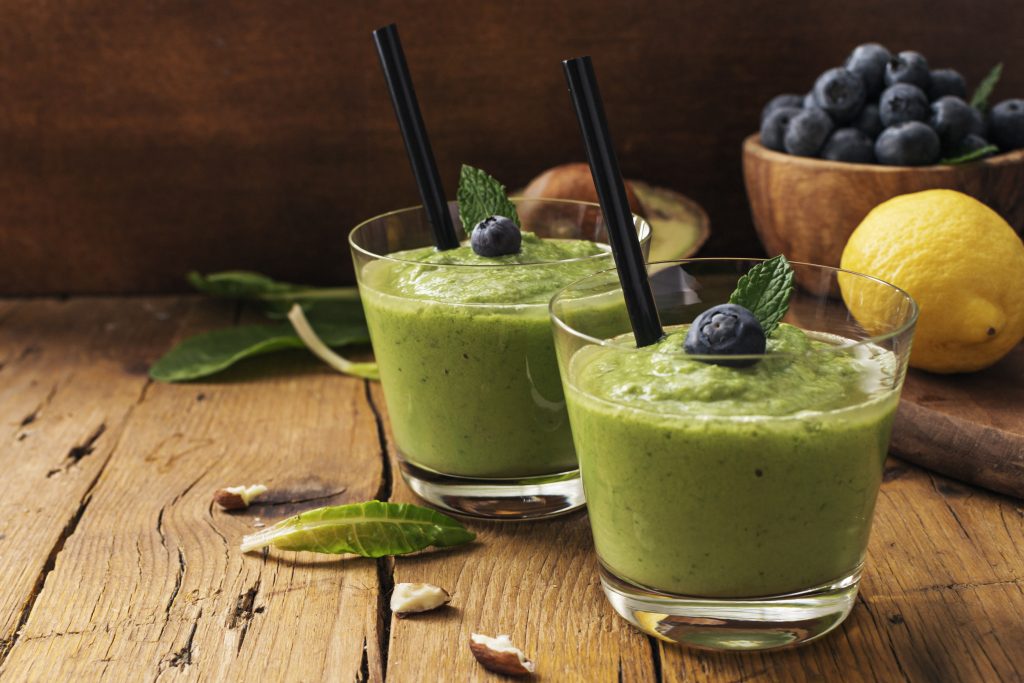
Who Gets Sick?
When Dr. Sheldon Cohen and his team at Carnegie Mellon University studied which participants became sick after having a cold or flu virus squirted in their noses and then isolating them in a hotel room (I know, you’re thinking, “How can I get a spot in that study?!”), they found that the people who did NOT get sick had several things in common.
The healthy subjects had experienced less stress, had better sleep habits, typically experienced more positive emotions, were more sociable and had more diverse social networks. Another study found that women who walked five days a week for 35-45 minutes experienced half the number of days with cold symptoms as a control group that did not exercise.
Immune System Strength
The strength of your immune system is what helps to determine whether you are going to get a cold after exposure to a cold virus. And there are several things that can affect the strength of your immune system: how old you are, whether you smoke cigarettes, how much regular sleep you get, the quality of nutrition you receive, and your level of mental stress.
Some Healthy DOs and DON’Ts:
Here are some things you should and should not do to decrease your chances of becoming sick if you are exposed to cold and flu viruses (and unless you live under a rock, you’re going to be!) :
1. DO eat a well-balanced diet every day. Good nutrition is your #1 weapon of defense for maintaining a healthy immune system. If you are trying to lose weight, do it gradually, as immune function is suppressed during periods of low caloric intake and quick weight loss.
2. DON’T skimp on sleep. While there is no “magic number,” most people need 7-8 hours of sleep each night in order to have optimal immune system functioning. Let other things go, but not your rest.
3. Manage your stress in healthy ways. You can’t always control how much stress you have to deal with, but you have control over how you deal with it. Take time each week to relax completely, learn cognitive techniques for managing stress and anxiety, increase opportunities to experience joy, peace, and happiness each week, exercise regularly, and spend time with people that you like.
Reasons to Hope for Health
The fact that not every person exposed to a virus gets sick and that people who live healthier lifestyles and manage their stress consistently are able to decrease their chances of becoming sick should give you hope that you can do a lot to avoid getting sick this cold and flu season. Exposure to a virus alone is not enough to get you sick!
That’s wonderful news for all of us.
Dr. Anita Sanz, PhD, Psychologist
